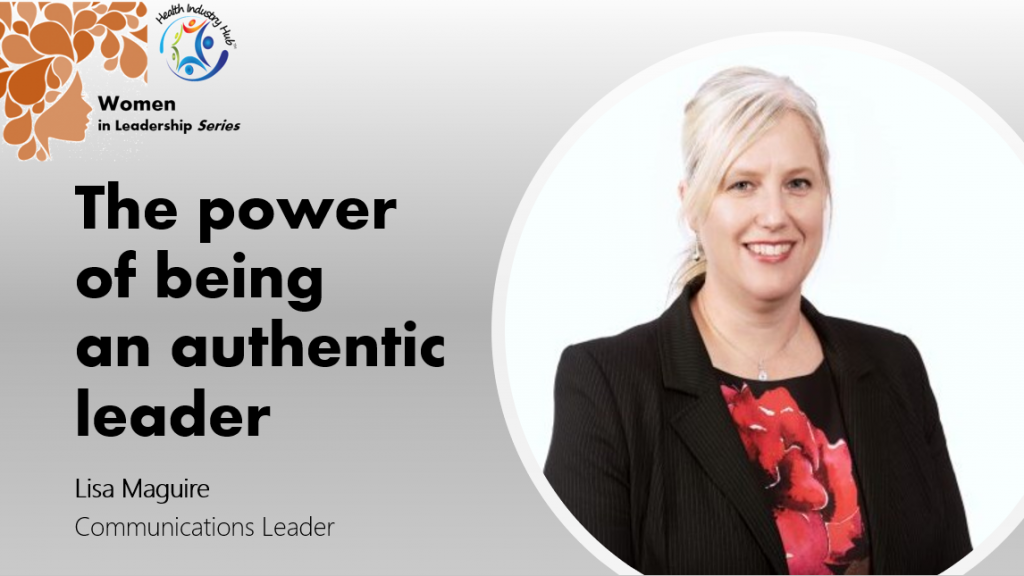Best Practice
Powerful ways to be your best self
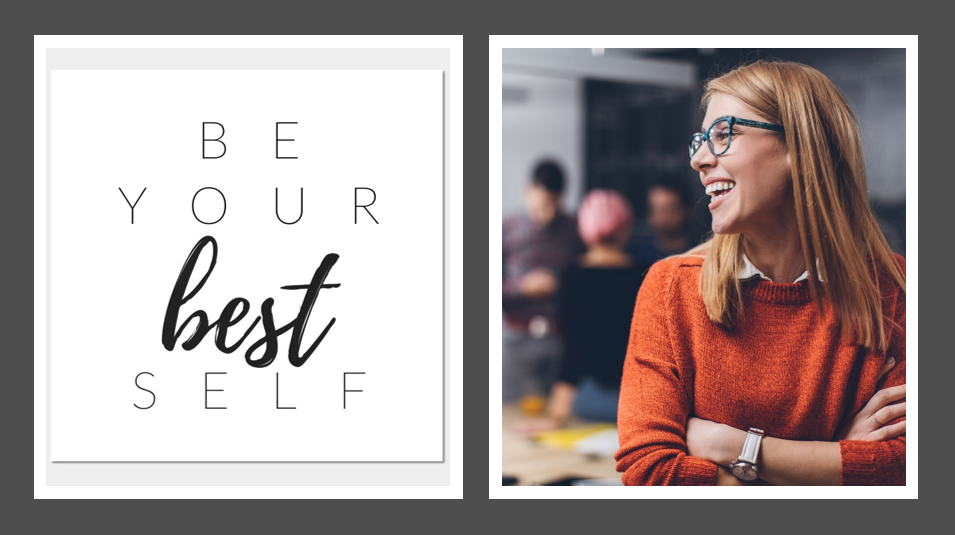
In our daily lives, prioritising self-care to do our best work and to live the best version of ourselves is critical. How do you begin transforming into the person you believe you should be?
Naz Beheshti is the author of Pause. Breathe. Choose.: Become the CEO of Your Well-Being. In her book she presents a framework to fulfil our highest potential in all aspects of our lives. She learned many of these lessons from her first role as the executive assistant for Steve Jobs.
Achieving your career goals isn’t worth sacrificing your well-being.
The Japanese have a word for someone who dies from working too much: karoshi. This prioritisation of work over health exists in the Western World. People who strive in their careers often experience significant physical and mental stress. They believe doing well in their careers is more important than pursuing personal well-being. The reality is that you can do both.
“True happiness emerges from our authentic Self. The real challenge lies, however, in accessing our true Self, which often is buried deep beneath our stresses, distractions and spinning wheels,” says the author.
While working as an executive assistant to Steve Jobs, Naz learned that the Apple CEO saw his well-being as fundamental to the state of his company. If you find yourself longing for the weekend, it’s time to rethink how you approach your life.
Embrace mindfulness as the basis for your life and wisdom.
Often, you can understand something by its opposite. When you feel off-balance or stressed, being mindful can help you realise this and make changes.
You may think being mindful is akin to an inner sense of calm, but in fact, mindfulness is proactive in nature. Mindfulness allows you to boldly explore the unknown, to challenge yourself and act in line with your true self. In the current career landscape and within your life, the ability to deal well with change is of paramount importance.
“The Pause. Breathe. Choose. method aligns our head and heart,” the author says.
When your mind is moving from one idea to another, it’s hard to focus. When you find yourself struggling with a scattered mind filled with busy thoughts, you need to stop and breathe. You may need to dialogue with your unruly thoughts telling yourself that you will work out the issues behind your mental turmoil.
Meditate daily, starting with just a couple of minutes and increasing the time over the course of a month. It can help to do it as part of your morning ritual. In time, you can employ the mindfulness you’ve achieved in meditation as you do any daily tasks. The goal is to use your senses, and remain present in whatever you are doing. When you are able to energise yourself and be present, you will make better decisions and experience
improved relationships. CEOs from Rupert Murdoch to Jeff Weiner practice meditation, and attribute their success to this practice.
Sit in silence for a minute or two before you enter a business meeting, or ask participants to take a quiet moment together before starting. To avoid thinking badly of people, pretend others can see your thoughts. If something angers or frustrates you, determine if it’s a true disaster or just an inconvenience. Being mindful can help you view any outcome objectively.
Using the Seven A’s will help you reduce stress and improve your adaptability. The Seven A’s – “adopt, allocate, avoid, alter, adapt, accept and attend” – stem from knowing your true self. If you use them, you will be happier and healthier. Adopt is for adopting a healthy lifestyle and achieving your highest potential. Allocate play and recovery time is all about rebooting your mind, body and creativity.
Changing how you live is hard, but Stanford University behavioural psychologist B.J. Fogg outlines three steps to make change easier. First, identify what specific type of behaviour you want, and define your targets
and goals. Next, determine how you might make the desired behaviour as easy as possible. Third is deciding what can prompt the behaviour. Sometimes this “trigger” will occur naturally, while other times you may have to create your own prompts. For example, in order to nurture a more positive outlook (the behaviour), one of Naz Beheshti’s clients decided that, every day, right after brushing his teeth (the trigger), he would write
down one good thing going on in his life (the easy action).
Avoid is about avoiding unnecessary stress. It’s about taking preventive measures to avoid chronic stress. Alter the situation is about making a change to attain a better outcome. Adapt to the stressor is understanding the bigger picture to gain perspective. Accepting what you cannot change helps you have greater peace of mind. Attend to connection is about cultivating meaningful relationships and limitless possibilities.
As a business leader, you must be conscious of what your actions communicate to your staff, because they will mimic your behaviour. Don’t eat in your office, or work from dawn to dusk. Instead, model behaviours you want others to emulate – like going to the gym at lunch, taking breaks and accessing the company’s wellness program. If you provide workshops on how to handle stress productively, offer healthy food options in break
rooms and create policies to reduce after-hours communications, you will benefit your company as a whole.
Having time away from work to restore energy and balance is important. Schedule personal activities as you would work events. Sleep for seven to nine hours per night. Allocate time for employees to engage with their
personal interests. Provide flexible schedules, and sufficient vacation or personal time. This downtime will allow employees to be more productive when they are at work.
You can experience positive and negative types of stress. Learn to identify which type you are feeling.
Being able to identify which type of stress you’re feeling and knowing how to deal with it is important. Acute stress helps you jump out of a dangerous situation in the nick of time. If you let that increase of adrenaline become the norm, however, it can become chronic stress. Chronic stress can make you feel hopeless about fixing the situation, and it may harm your health. If you are always anxious, sick, irritable or withdrawing from others, you may be experiencing chronic stress.
Unlike acute stress, or eustress, which gives you productive energy, chronic stress provides no benefits. You can avoid chronic stress by changing how you regard the stressful event. To differentiate between the three types of stress (acute, chronic, eustress), the first step is awareness and it involves recognising the type and origin of your feelings. Second, change how you think of the situation by looking for new ways to deal with it. Third is empowerment: Act on the basis of your new perception of the issue.
The author notes that “Worrying is like punishing yourself for something that has not happened.”
Learn how to change, accommodate to, or accept situations.
If you have a problem you can’t avoid, you need to change how you think about it. You must either be flexible enough to persevere, or accept that it’s out of your control.
You can change your view of a problem by breaking it down into smaller pieces. When you act on even a small part of the main issue, you will feel more hopeful. Each action you take will give you momentum. Listen to your Inner Coach, which is supportive and positive, instead of your Inner Critic.
Like an earthquake-proof building, being flexible can help you weather trying circumstances. Embracing adaptability opens you to learn what the situation can teach you. It is your choice whether you focus on the positive or negative aspects of a given situation. CEOs and staff both benefit from approaching issues with flexibility. Change is inevitable. Learning how to handle change, in life and at work, will improve your wellbeing.
“Choose to focus on what you can control because that is where energy flows,” says the author.
Prioritise your connection with yourself, friends and family, and the world to solidify your own goals.
If you want to act as the “CEO of your well-being,” you need to spend time connecting with yourself, friends, family and others in the world. It’s difficult to connect with your inner self when you’re overly busy or when
technology distracts you. When you have a moment of downtime, don’t seek entertainment. Boredom can generate creativity and self-knowledge.
Create a morning meditation ritual to cultivate a calmer mind. When you stop filling every moment with activity, you will increase your serenity, sense of direction and focus. This connection with yourself is the
start to connecting with others.
“If we want to see change in the world, we must start with our Self,” she writes.
Connecting with family and friends includes people at work. LinkedIn found that globally, almost half of employees are happier when they enjoy good relationships at work. As a leader, you can support positive relationships by bringing departments together for a project or a friendly competition.
When you connect with others, ensure that you listen to them with an empathetic and curious mind to build stronger bonds.
Companies can also support employee volunteer work. Volunteering,
whether in your community or in the world, will strengthen your sense of purpose and broaden your understanding.
Connecting to “the universe,” whether through religious or agnostic means, helps you know that wherever you are is where you should be. This connection improves your belief in your core sense of self.
To become your best self, seek purpose in your life, and use your pain to grow and your energy to be present.
Everyone alive has experienced some type of pain, but how you handle and learn from that pain makes all the difference. Similarly, your prana – a Sanskrit word for “breath and life force” – provides you the energy to pursue your goals. Defining a purpose for your life gives you the focus that allows you to reach your goals.
Physical or mental pain can either spark negativity or shock you into meaningful change. Be aware when you are feeling pain. Learn how to deal with it, and use it as a catalyst for growth. Part of moving forward is
learning to forgive those who have harmed you, which will free you from carrying the pain.
“We become stronger in our mind and our heart when we turn our pain into growth,” Naz writes.
This approach to pain applies in business as well. Identify your customers’ pain points and find solutions for those issues. If you’re unsure what problems your customers face, work to identify those key elements.
To help clarify your thoughts and goals, use your “prana flow state.” Research proves how breathing practices and yoga can improve your quality of life and health. To engage and unblock your prana, stop all activity, take a conscious breath and reflect on the calmness you feel. Then, make a choice.
Incorporating a breathing practice into your daily life will boost your energy and allow you to be more present in your life. When you feel grounded, you can pursue a sense of purpose in your life. Stanford
University found that the most satisfied people are those who give to others and feel purpose in their work.
In a related study, when employees think their work is meaningful, they feel happier at their jobs, stay longer at their companies, and are more involved.
Just as companies have mission statements, you can define one for your life. To create your mission statement, think of how you would like to feel daily. Ponder your values, your strengths, and what inspires you. Dig into the reasons behind your thoughts.
All of these elements together will help you become the best person that you can be.
News & Trends - MedTech & Diagnostics
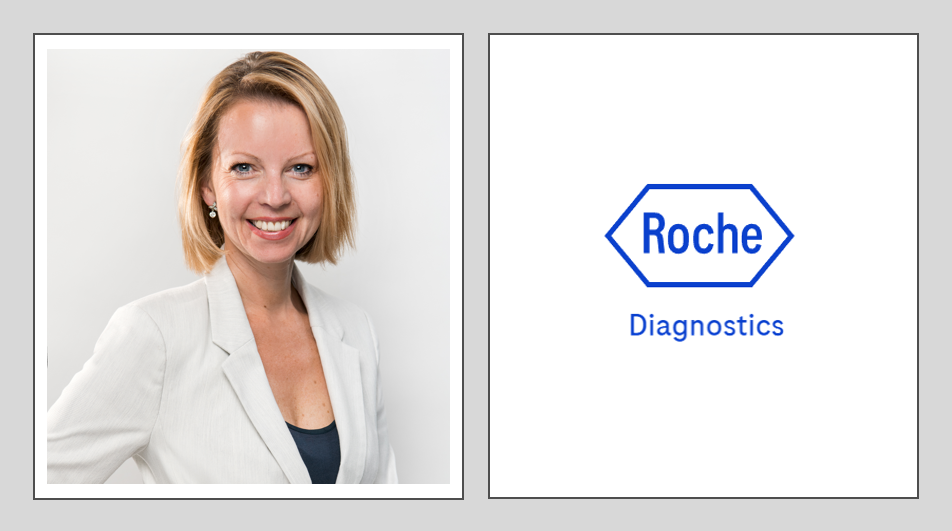
Roche Diagnostics MD bids farewell after two-decades, leading the organisation to new heights of success
Diagnostics & MedTech News: The Managing Director of Roche Diagnostics Australia, Allison Rossiter, has announced her resignation, effective September 2024. […]
MoreNews & Trends - Pharmaceuticals
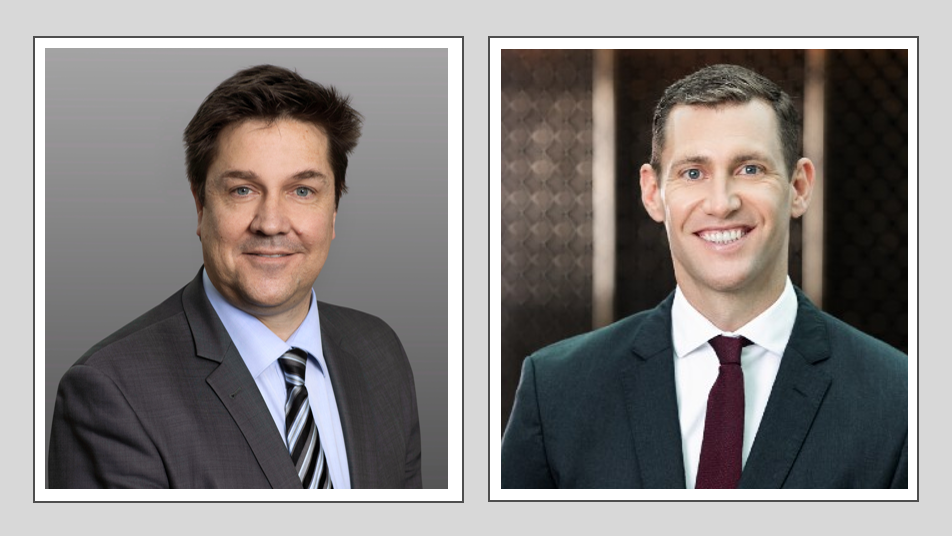
Is Australia ready to play a leading role in precision nuclear medicines?
Pharma News: A newly released discussion paper unveils Australia’s preparedness to take the helm in the rise of the global […]
MoreNews & Trends - MedTech & Diagnostics
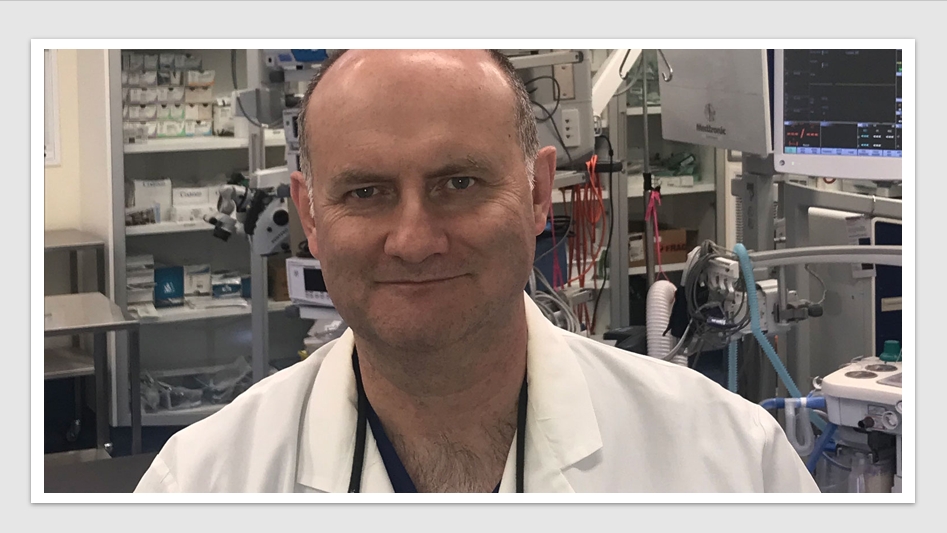
Minimally invasive procedure a first in epilepsy treatment
MedTech & Diagnostics News: An Australian-first procedure utilising MRI-guided, minimally invasive surgery has been introduced for the treatment of epilepsy […]
MoreNews & Trends - Pharmaceuticals
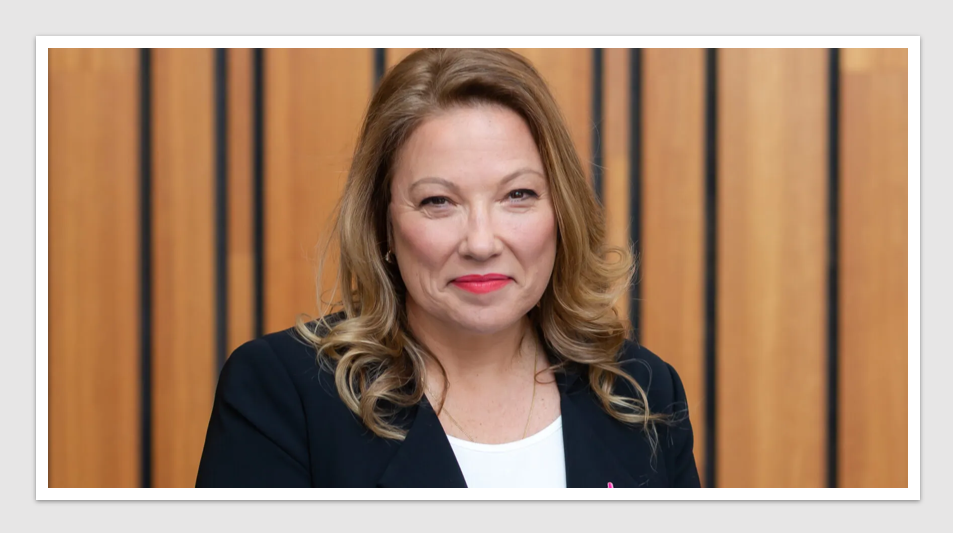
Stakeholders unite in international call to tackle breast cancer gaps and inequities
Pharma News: Breast Cancer Network Australia (BCNA) has united in an international call to raise breast cancer care standards and […]
More